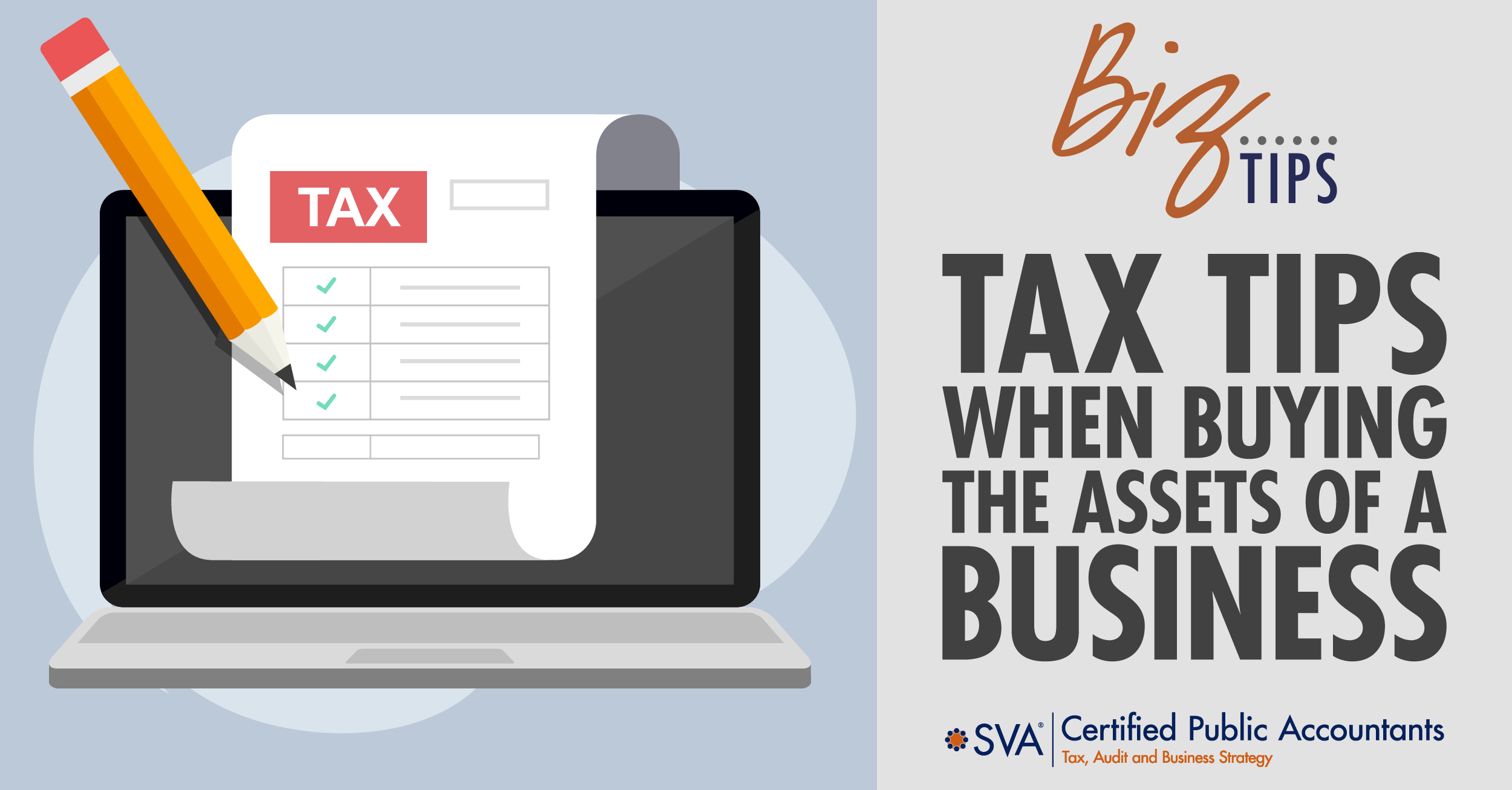After experiencing a downturn in 2023, merger and acquisition activity in several sectors is rebounding in 2024. If you’re buying a business, you want the best results possible after taxes. You can potentially structure the purchase in two ways:
- Buy the assets of the business
- Buy the seller’s entity ownership interest if the target business is operated as a corporation, partnership, or LLC
In this article, we’re going to focus on buying assets.
Asset Purchase Tax Basics
You must allocate the total purchase price to the specific assets acquired. The amount allocated to each asset becomes the initial tax basis of that asset.
For depreciable and amortizable assets (such as furniture, fixtures, equipment, buildings, software, and intangibles such as customer lists and goodwill), the initial tax basis determines the post-acquisition depreciation and amortization deductions.
When you eventually sell a purchased asset, you’ll have a taxable gain if the sale price exceeds the asset’s tax basis (initial purchase price allocation, plus any post-acquisition improvements, minus any post-acquisition depreciation or amortization).
Asset Purchase Results with a Pass-Through Entity
Let’s say you operate the newly acquired business as a sole proprietorship, a single-member LLC treated as a sole proprietorship for tax purposes, a partnership, a multi-member LLC treated as a partnership for tax purposes, or an S corporation.
In those cases, post-acquisition gains, losses, and income are passed through to you and reported on your personal tax return. Various federal income tax rates can apply to income and gains, depending on the type of asset and how long it’s held before being sold.
Asset Purchase Results with a C Corporation
If you operate the newly acquired business as a C corporation, the corporation pays the tax bills from post-acquisition operations and asset sales. All types of taxable income and gains recognized by a C corporation are taxed at the same federal income tax rate, which is currently 21%.
A Tax-Smart Purchase Price Allocation
With an asset purchase deal, the most important tax opportunity revolves around how you allocate the purchase price to the assets acquired.
To the extent allowed, you want to allocate more of the price to:
- Assets that generate higher-taxed ordinary income when converted into cash (such as inventory and receivables)
- Assets that can be depreciated relatively quickly (such as furniture and equipment)
- Intangible assets (such as customer lists and goodwill) that can be amortized over 15 years
You want to allocate less to assets that must be depreciated over long periods (such as buildings) and to land, which can’t be depreciated.
You’ll probably want to get appraised fair market values for the purchased assets to allocate the total purchase price to specific assets. As stated above, you’ll generally want to allocate more of the price to certain assets and less to others to get the best tax results.
Because the appraisal process is more of an art than a science, there can potentially be several legitimate appraisals for the same group of assets. The tax results from one appraisal may be better for you than the tax results from another.
Nothing in the tax rules prevents buyers and sellers from agreeing to use legitimate appraisals that result in acceptable tax outcomes for both parties. Settling on appraised values becomes part of the purchase/sale negotiation process. That said, the appraisal that’s finally agreed to must be reasonable.
Plan Ahead
Remember, when buying the assets of a business, the total purchase price must be allocated to the acquired assets. The allocation process can lead to better or worse post-acquisition tax results. We can help you get the former instead of the latter. So get your advisor involved early, preferably during the negotiation phase.

© 2024

